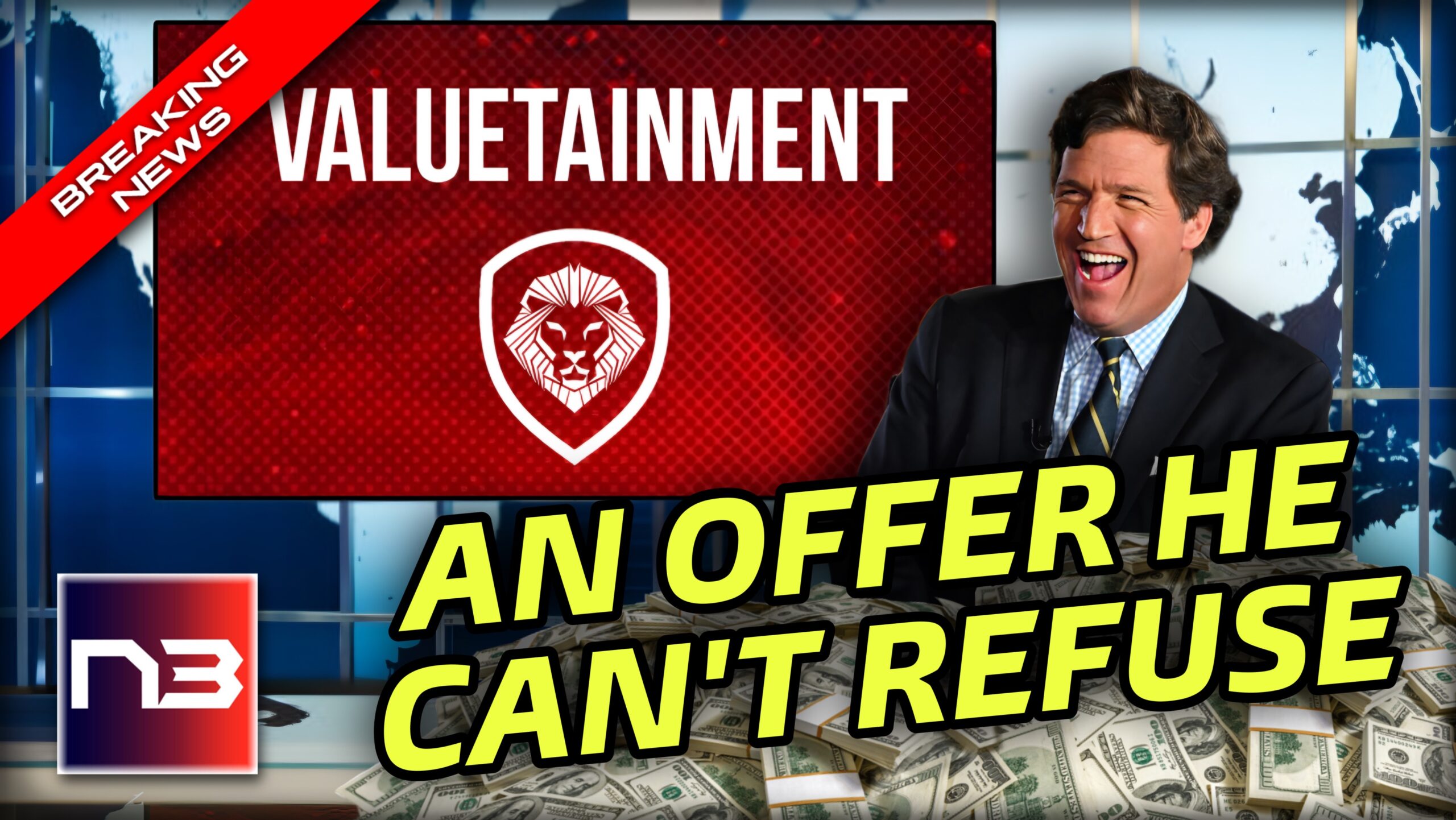Imagine waking up in a world where your access to money is no longer a private affair, but a regulated spectacle. The World Economic Forum (WEF) has just warned us: the era of digital cashless society is nigh. And they’ve unveiled the catch – it’ll be tightly controlled. They’re not whispering anymore; they’re declaring it boldly. You, an ordinary citizen, may find yourself locked out of this digital revolution. The future is here, and it’s singing the chorus of stringent regulations and possible exclusions. Listen closely, for it’s time to pay attention.


The 2023 Annual Meeting of the New Champions held by the World Economic Forum is significant, with an agenda that impacts every global citizen. The hot topic? A looming cashless society and the intense regulation accompanying it. This is not conjecture anymore – the powers that be are stating it in broad daylight. The digital revolution we’ve been anticipating is gradually unveiling its true colors. With our financial futures hanging in the balance, the potential repercussions are too critical to ignore.
At the meeting, Cornell University professor Eswar Prasad pointedly declared that physical currency is on the brink of extinction. His outlook for the future was not one of unrestricted digital freedom, but of programmed central bank digital currencies (CBDCs) potentially leading us to a brighter, or conceivably, a more sinister world. According to him, the government might decide the usability of these digital currencies, prohibiting purchases it deems undesirable.
It’s coming, are you prepared?
— {Matt} $XRPatriot (@matttttt187) July 7, 2023
‼️ The WEF is openly telling you the coming digital cashless society will be regulated and those determined “less desirable” will be locked out. They're saying the quiet part out loud now. They aren't even hiding it anymore.
🇺🇸Join👉… pic.twitter.com/MQMF2YbFbZ
This implies the advent of a new world order, wherein the government possesses a vice-like grip on our financial lives. Imagine a world where your hard-earned money comes with an expiry date, where it’s limited to certain purchases and categorically denied for others. As Prasad warns, this holds immense potential for misuse and could seriously jeopardize the integrity and independence of central banks.
Christine Lagarde, president of the European Central Bank, recently claimed that the task of programming a digital currency wouldn’t be under the purview of central banks but left to commercial banks.
'The issuance of a digital currency that would be central bank money would not be programmable […] Those who can associate the use of digital currency with programmability would be the commercial banks': Christine Lagarde, @BIS_org Innovation Summit, March 2023 #CBDC pic.twitter.com/x7xByPJmuR
— Tim Hinchliffe (@TimHinchliffe) April 11, 2023
However, other leading figures from institutions like the International Monetary Fund (IMF) and the Reserve Bank of India have indicated contrary viewpoints, heralding the era of programmed CBDCs for implementing targeted policy functions.
In October 2022, Bo Li, deputy managing director of the IMF, stated that CBDCs could allow for the implementation of smart contracts, helping direct targeted policies such as welfare payments, consumption coupons, and food stamps.
Today: "CBDC can allow gov agencies & private sector players to program/allow targeted policy functions (i.e. consumption coupons) By programming #CBDC the money can be precisely targeted for what kind of people can own & what kind of use this money can be utilized" Bo Li, #IMF pic.twitter.com/kcROTxXZau
— Tim Hinchliffe (@TimHinchliffe) October 14, 2022
These assertions contradict Lagarde’s claim, stirring the debate around the programmability of CBDCs and the stakeholders involved.
In India and Nigeria, the practical exploration of programmable CBDCs is already underway. Nigeria is developing an eNaira system with restrictions on daily transaction limits and wallet holdings. In India, the central bank is contemplating a CBDC system that incorporates an expiry date. This revelation only corroborates the possibility of a highly regulated digital cashless society.
From all the indicators, the World Economic Forum’s New Champions aren’t mincing words anymore. They’re candidly discussing our digital, cashless future – one where the strings of regulation may strangle financial freedom. There’s a distinct possibility of citizens being locked out of this future. As the subtle whispers grow into clear, resonant proclamations, it’s imperative to raise our collective voices against the shackles of stringent regulations. The hour demands a spirited fight to preserve financial liberty. Our response to this dramatic reveal will determine the shape of the world to come. It’s time we choose – complacency or resistance?
FULL WEF EVENT:

















